
Please check our FAQs section if you unsure how to use the website or looking for something specific
Includes reference materials
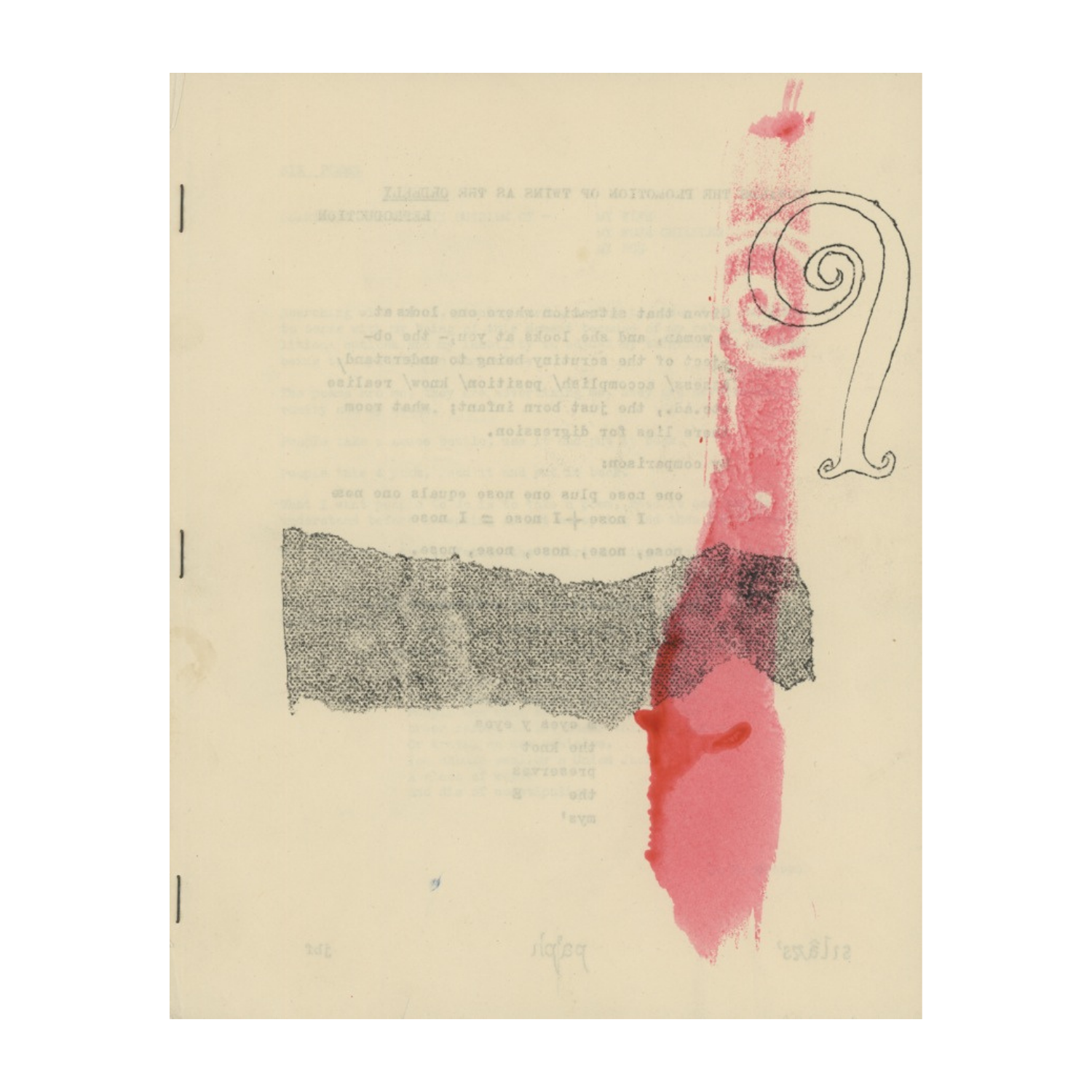

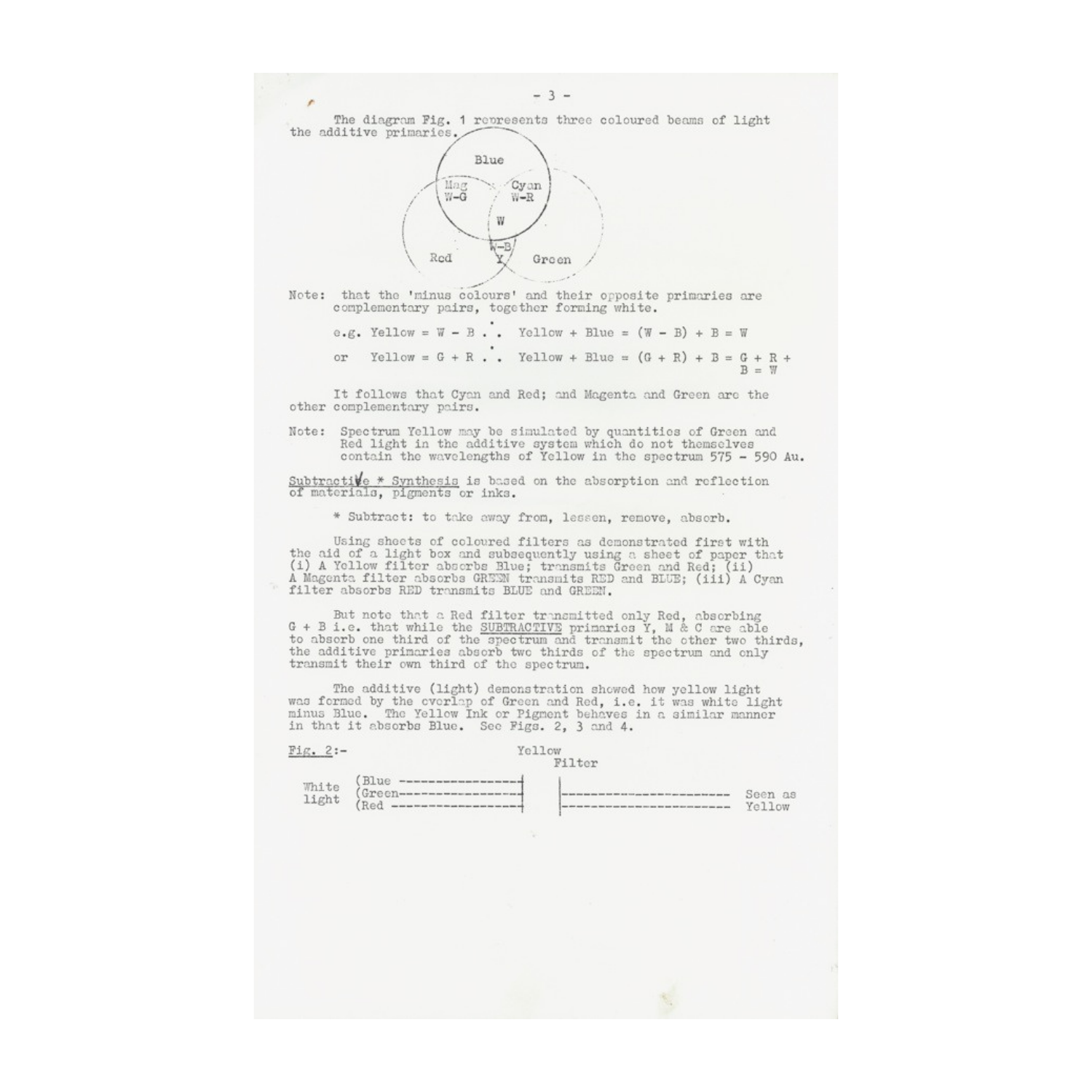

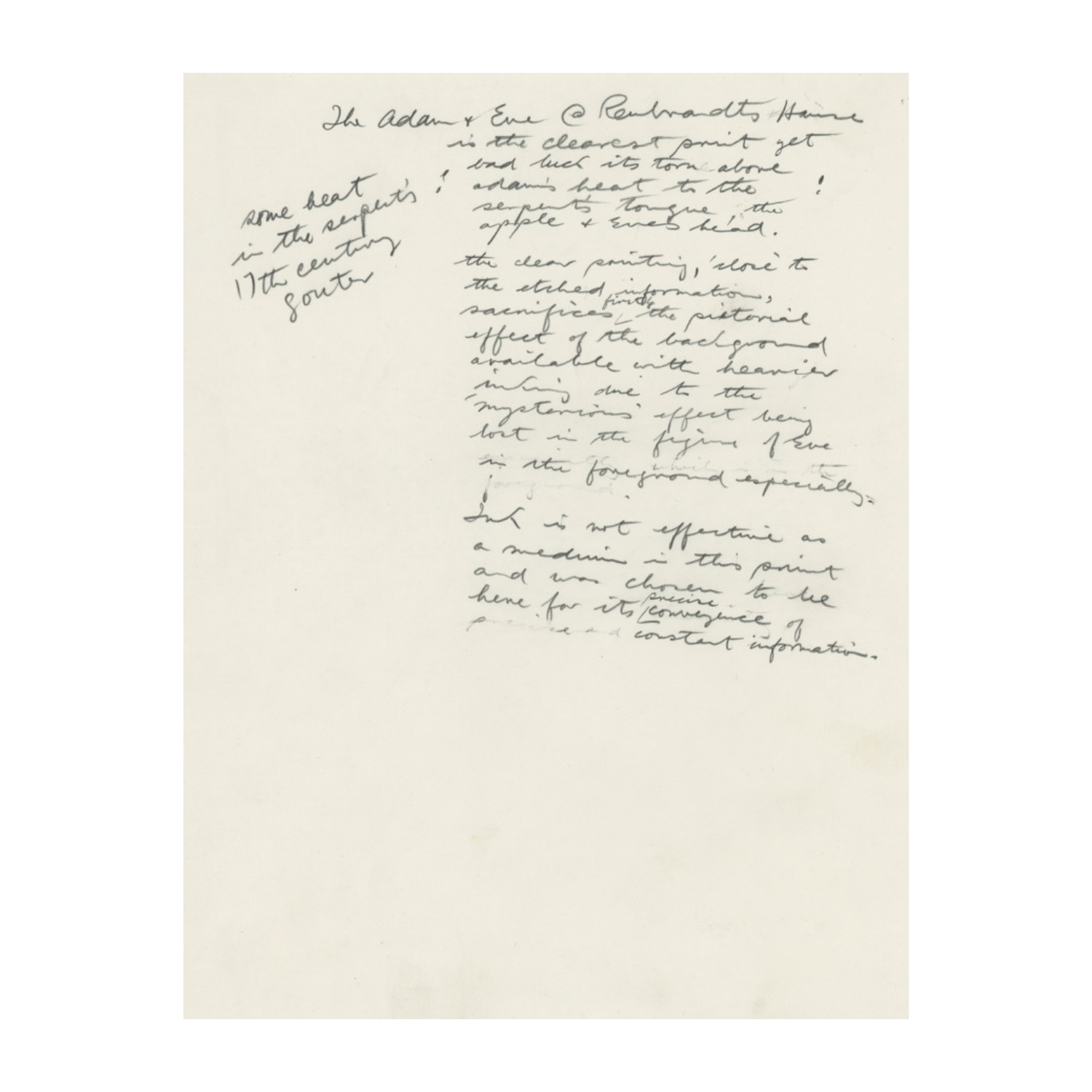

Subject files compiled by assistants to Barry Flanagan on his behalf containing photocopies and cuttings from various printed sources and related photographs.
Other source material for work can be found under Photographic material, Sources for work JBF/3/3.


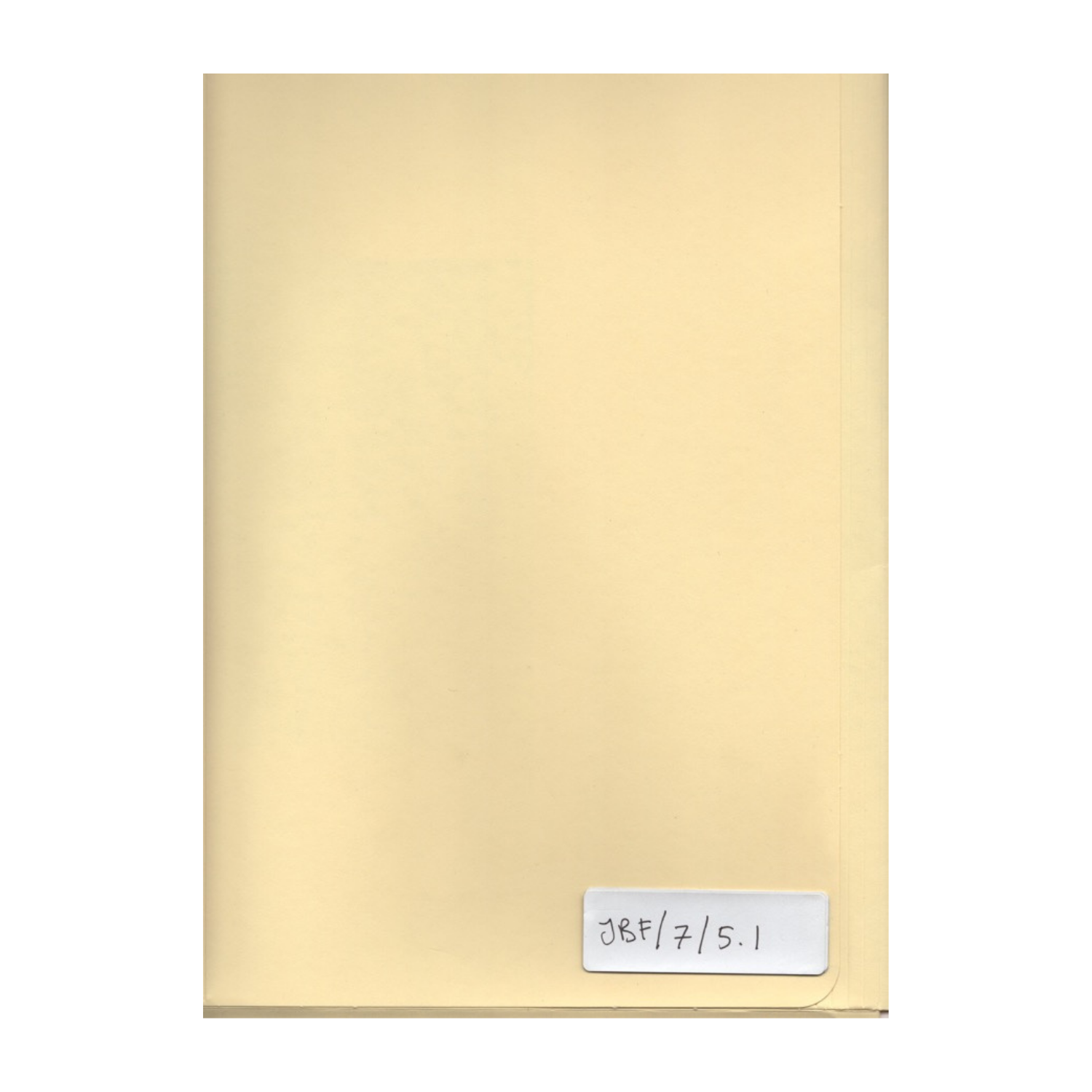

Papers accumulated by Barry Flanagan in the course of his research into his family history. Items and photographs relating to family which were retained by Monica Flanagan and then retained by Barry Flanagan after her death.
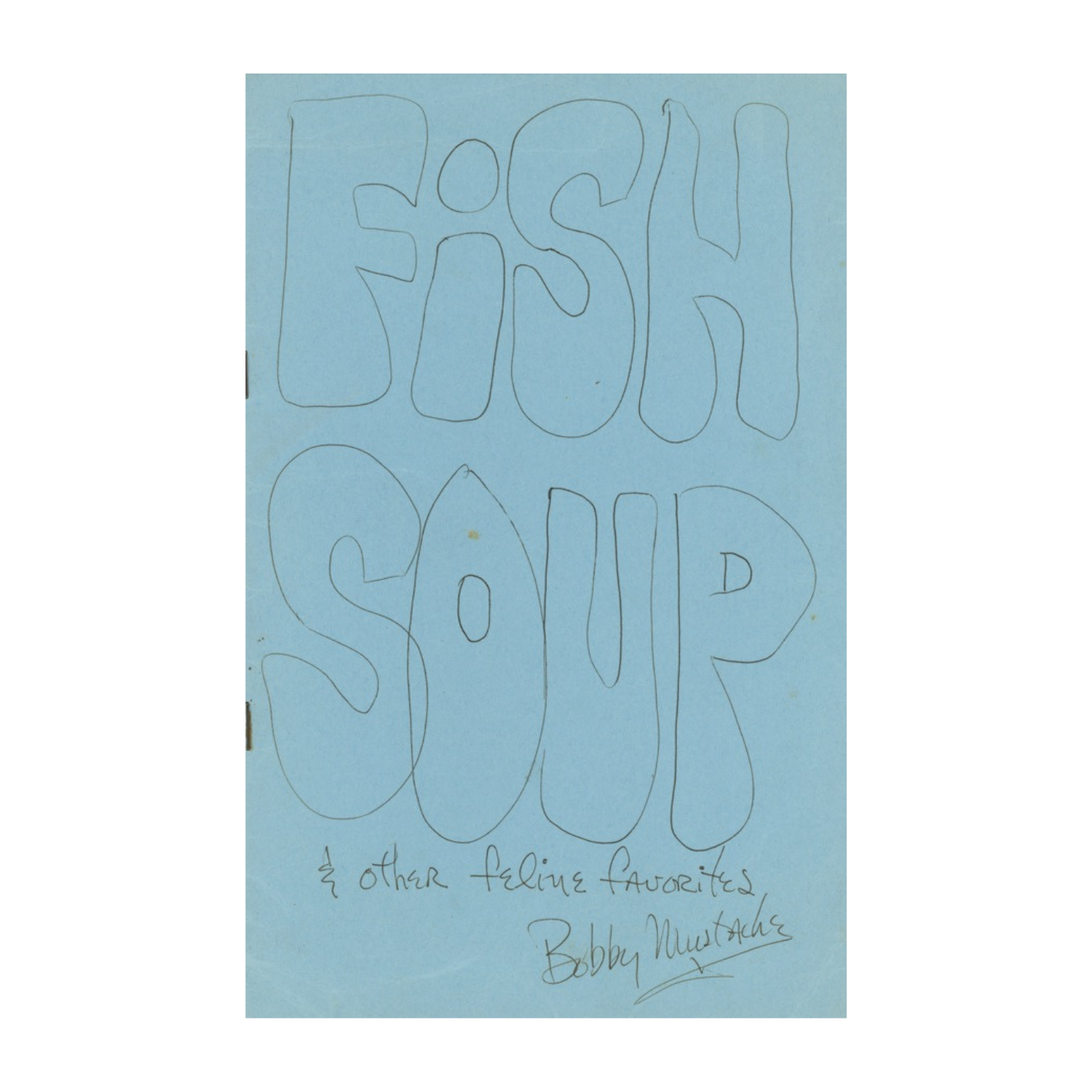

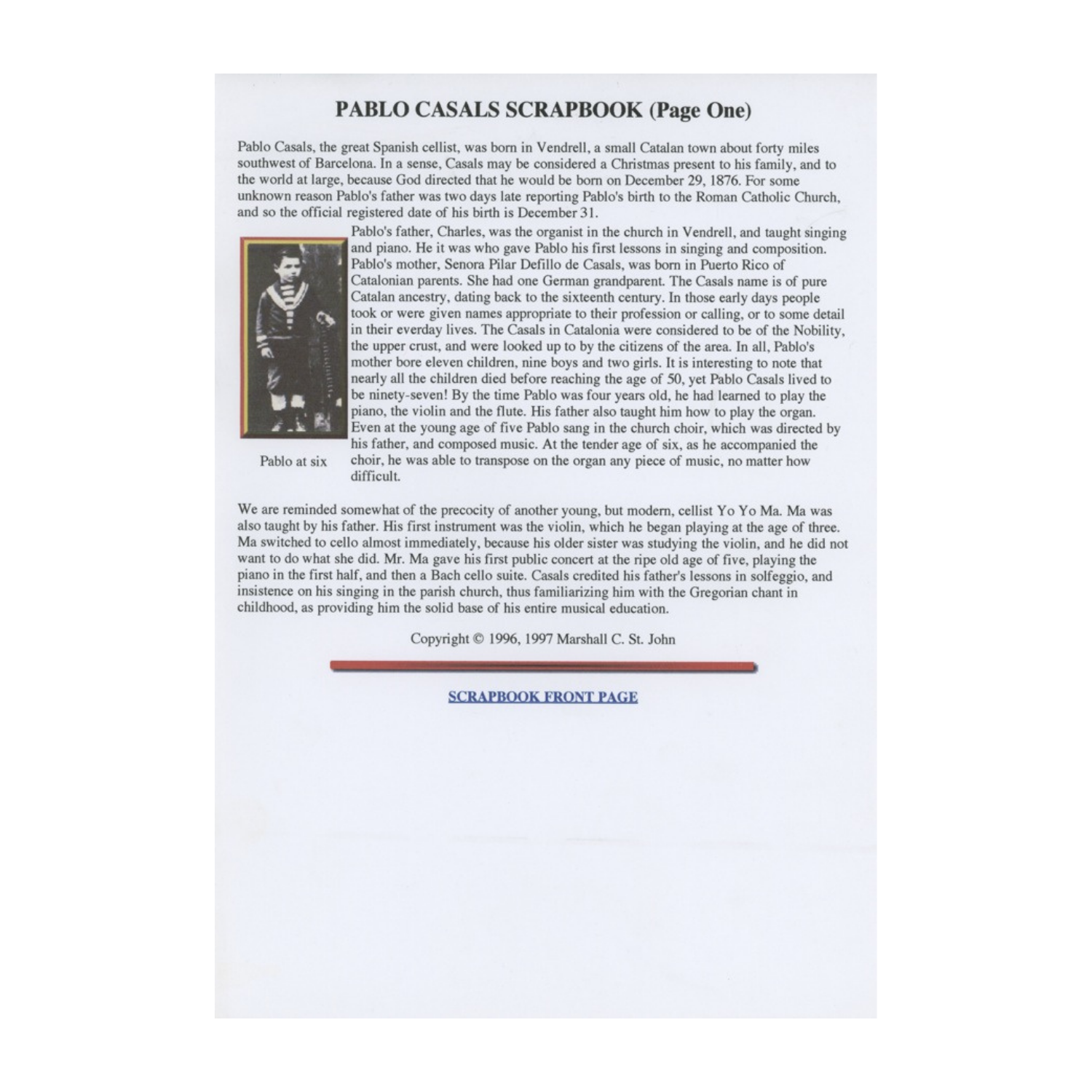

Print-outs from various websites.
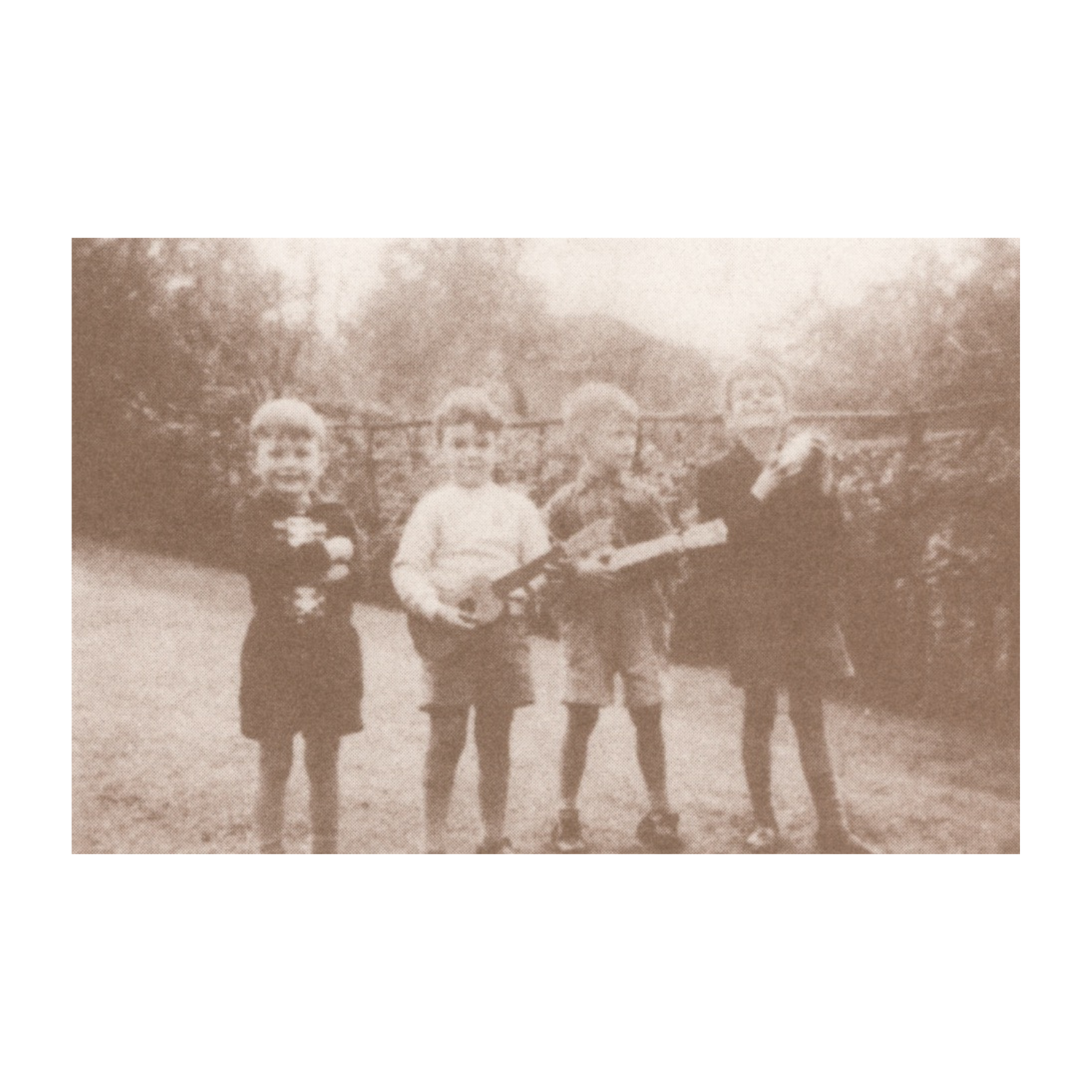

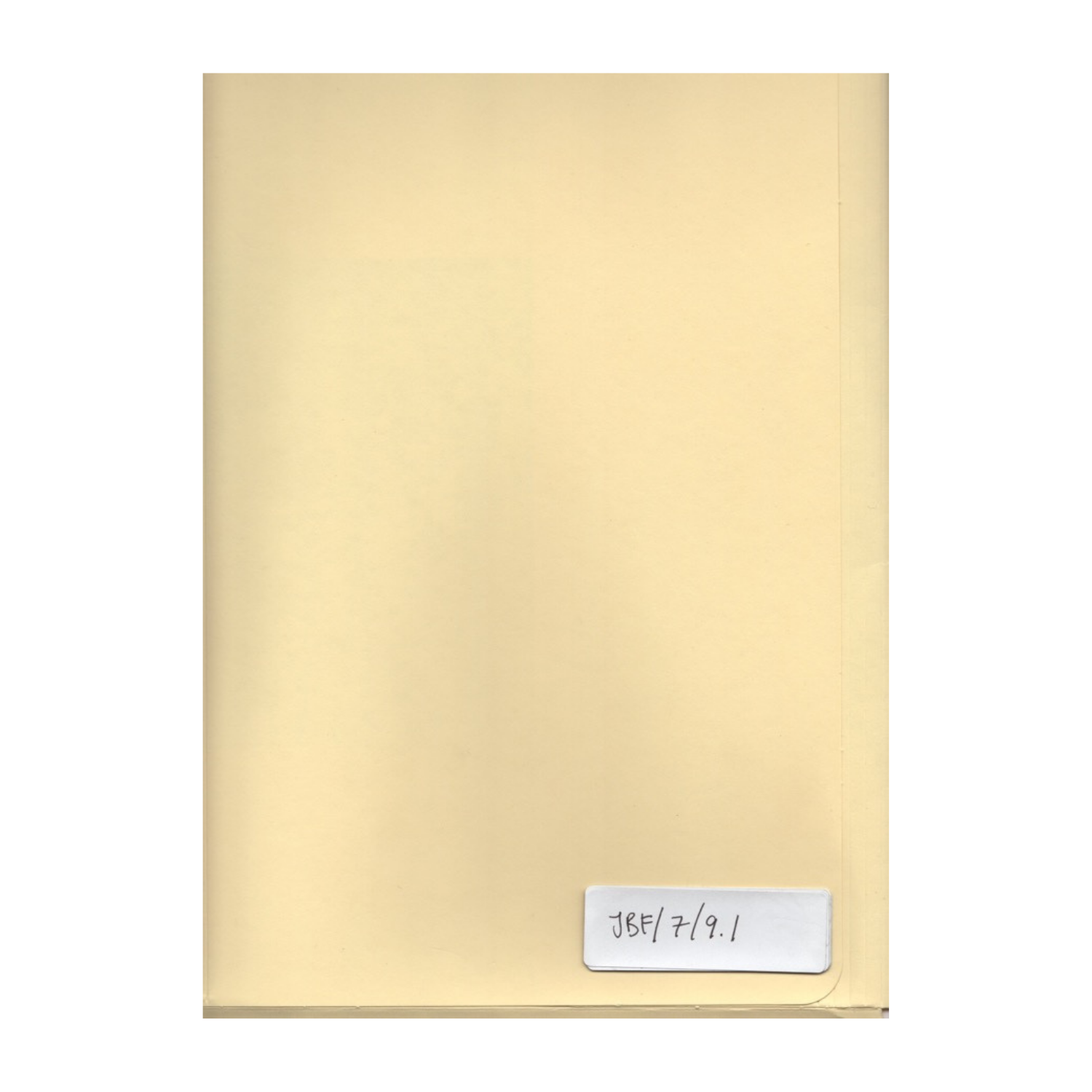

Or have a look at the index of all the archive files without the hierarchy

This website is comprised of two main sections: the ARTWORKS and the ARCHIVE. The ARTWORKS is a catalogue raisonné – a comprehensive list of works by Barry Flanagan. The Archive, found in the research tab, brings together supporting material, including the artist’s sketches, photographs, diaries and personal papers.
Both sections can be accessed several ways and are interlinked.
Search by keyword
Simply enter one or more keywords in the SEARCH field. You will be presented with a list of corresponding search results. These results can be divided by category, e.g. Archive Files, Artworks, Events, Exhibitions, Media, Posts, Press, Publications, Other. Select one of the results to view more information. The number of results available in each category will be visible in brackets.
All artwork records are displayed with any linked archive records. All connected entries will be displayed underneath the artwork details alongside related exhibitions, events, publications, and media. Alternatively, when searching a specific artwork, filters can be selected to go directly to various connected records eg. Events, Exhibitions, Media etc.
If you are interested in searching our online ARCHIVE you have two options. Either browsing using the HIERARCHY as your starting point or the INDEX.
The Hierarchy
The structure of an archive catalogue is hierarchical. This structure operates in much the same way as the folders stored on a computer, where a folder may contain one or more associated folders and files. Here the folders represent groups of records called series.
The main series are:
JBF/1 Sketches, maquettes and writings, 1965-2009
JBF/2 Diaries, 1976-2006
JBF/3 Photographic material, c.1920-2009
JBF/4 Audio visual material, 1982-2009
JBF/5 Press and printed material, 1966-2009
JBF/6 Operational papers, 1959-2009
JBF/7 Other interests and research, 1964-2008
The Index
The INDEX is a list of all the files contained within the archive catalogue. They are identical to those in the hierarchy but arranged as an alphabetised list.
Our physical archive is comprised of 160 boxes of sketchbooks, diaries, correspondence, writings, photographs and casting records that span the whole of Flanagan’s career from the late 1950s to 2009. Our online archive offers access to this catalogue of records, with 2,500 scanned documents available to view. However for various reasons not all our records are available online. If you are interested in visiting us in person please contact us.
If you are interested in searching our online ARCHIVE you have two options. Either browsing using the HIERARCHY as your starting point or the INDEX.
The hierarchy
The structure of an archive catalogue is hierarchical. This structure operates in much the same way as the folders stored on a computer, where a folder may contain one or more associated folders and files. Here the folders represent groups of records called series.
The main series are:
JBF/1 Sketches, maquettes and writings, 1965-2009
JBF/2 Diaries, 1976-2006
JBF/3 Photographic material, c.1920-2009
JBF/4 Audio visual material, 1982-2009
JBF/5 Press and printed material, 1966-2009
JBF/6 Operational papers, 1959-2009
JBF/7 Other interests and research, 1964-2008
The Index
The INDEX is a list of all the files contained within the archive catalogue. They are identical to those in the hierarchy but arranged as an alphabetised list.
Our archive and library are open to researchers by appointment. To make a booking click here
Please contact us at the estate in the first instance as we will be able to advise you whether an artwork is available for loan and if it is whom best to contact.